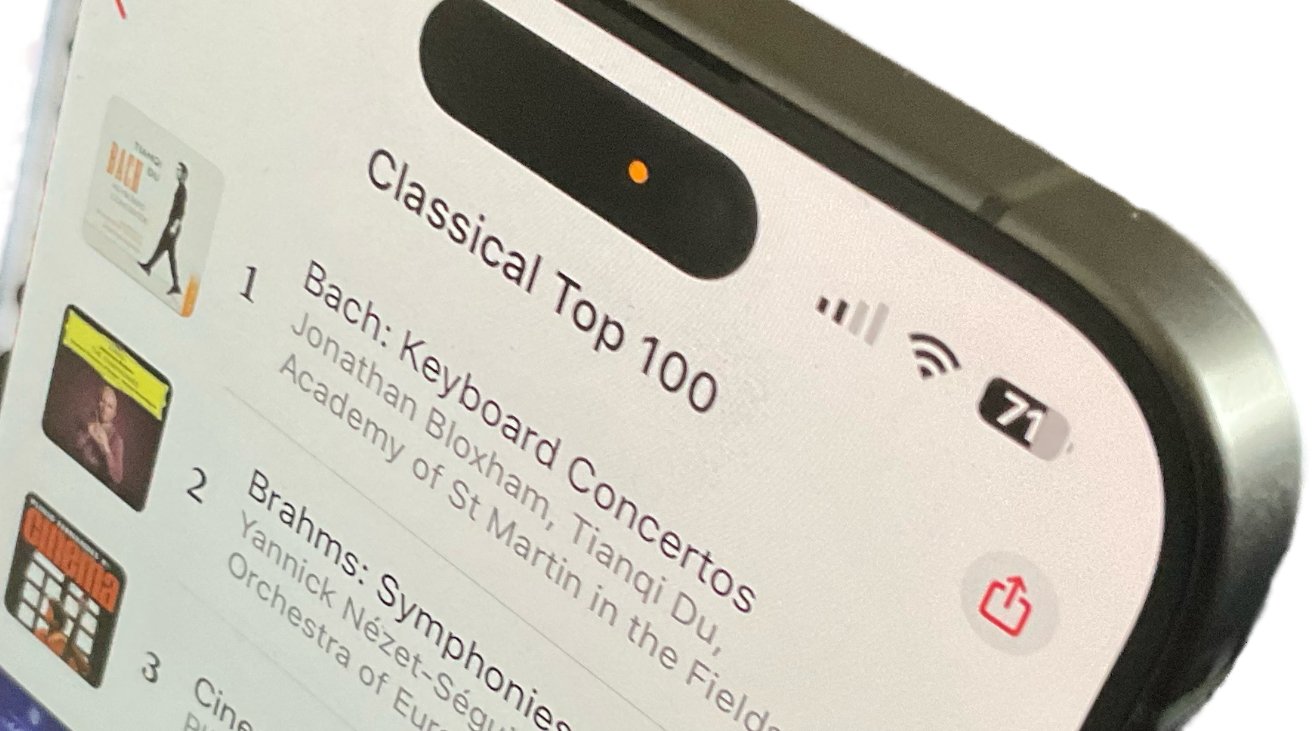The first of a handful of unorthodox reviews of my ‘Thoroughly Good’ year.
At the beginning of 2020 I hated speaking to people on the phone. Come the end of the year I find that I’ve become more at ease calling up people on-the-hoof. It is as though 2020 has reminded us that its allowed to call people up without warning.
Part of that is because of video calls. Zoom and Teams are now the communication medium most use (I think I’m right in saying). Maybe Skype.
Seeing people in conversation has been central to a different kind of communication experience.
Way back at the beginning of UK lockdown people reported exhaustion having to have quite so many video calls. The observation seemed obvious to me. We were having to listen more. We were paying closer attention to what we were saying and doing, and what others were saying and doing.
Conversations were more direct. We experienced safety being physically disconnected from the people we were talking to. This fuelled a sense of confidence to say what we thought and felt. Now at the end of the year I feel as though I know people a whole lot better, in a way that I don’t think I would have done had I interacted with them in real life.
And as a result of that, I find myself in between Christmas and New Year with a few phrases lingering in my head. These, like pictures, music, and social media, are the things that characterise my 2020.
“I’m frightened.” “So am I.”
Technically this is me saying something and what someone else said in response. My statement (“I’m frightened”) was recorded in a podcast at the beginning of lockdown in March 2020. “So am I” was the comment left by a friend of mine in comments section below.
“I’m sorry to have to ask you this … “
Around about the time I bought microphone stands and tested out doing fixed mic podcast recordings on location (it seems like another century now), I remember being emailed by a trusted PR pal prior to my visit. “I’m sorry to ask you this,” she said, “but can I just check that you haven’t visited Italy or Spain in the past few weeks, and that you don’t have a persistent cough, and haven’t had a temperature the past few days?”
There was a time when we thought an emailed declaration of good health would nail it.
“People are going to be bored in lockdown so they’ll want to read more.”
This was one of those things you hear in conversation and think, “No. I’m sure I misheard that.” But when you hear it repeated then you realise that no, that is what some people think. It’s a variation on the moldy thought that home-working or furlough would in some way trigger people to write that novel they always threatened the world they would write.
“I don’t want this to sound like a Priti Patel apology, but ….”
Months before Priti Patel made her non-apology for workplace bullying, she was the subject of considerable ire on social media because of her similarly considered obfuscation of responsibility, organisational or personal. Around about the same time I confronted someone about behaviours I felt crossed a bit of a line. There appeared to be great delight derived from referencing Priti Patel’s similar difficulty. I remember having to take deep breaths during the exchange – at times heated, aggressive and intimidating.
Sometimes apologies aren’t apologies. And when they’re not they merely confirm a hunch. How we manage ourselves in the aftermath is what is important. I reassure myself that I was brave remaining true to my values. Even now I can recall the taste in my mouth. It wasn’t pleasant.
“Classical music doesn’t have to be boring.”
This is a trigger phrase. It calls to mind lots of highly-respected experienced marketing types who quite rightly point out the paradox that results from such a mindless statement.
Classical music isn’t boring. No music is boring. To dismiss a genre as boring shows ignorance. To hold up a genre as boring in a bid to demonstrate how you could potentially save it is pointing to a problem that isn’t there and, in the process, being misleading.
“People love all of that mindfulness shit.”
In a year that has for a whole variety of reasons seen the subject of mental health elevated beyond platitudes into something real and present, hearing people speak in a disparaging way of some of the tools friends, colleagues and associates use to maintain their mental health, has consistently made me frustrated. And possibly even a little bit hurt.
“It’s a bit navel-gazy. Change it back, please.”
This was a comment made in response to my copywriting.
The comment stings. Not because I think my copy sings necessarily. I don’t think I’m an expert. Or brilliant. Or beyond criticism. Far from it. Questioning what one does is part of the creative process after all.
It was what the comment really represented: a command. An indication that not everyone is at ease with collaboration. And even less equipped communicating cleanly.
“You get angry when someone crosses your boundaries.”
We often misunderstand the meaning of the word angry.
Angry for some means losing one’s temper. Flushed cheeks. Green stream.
Angry for me means my heart pounding fast in my chest. My legs go shaky. There is an insatiable need to meet the challenge (whatever it is head on). Between you and me, I’m often terrified by the experience.
It’s happened three times this year. Managing it in the moment is what’s key. And the key to managing it is being aware of when it’s happening. Be observant. Don’t take evasive action – that’s when things can have a habit of getting a bit sticky.
Determining whether the person crossing the boundary in question is a repeat offender, and calculating the likelihood of them changing their behaviour is also terribly important. It’s a work in progress. For all of us.
“Thanks for being a colleague, a confidant, and a friend.”
In a year that I think is probably fair to say for all of us fed self-doubt, one message in a card at the end of this year took me completely by surprise.
“You speak a lot of truth.”
I don’t share this one because of the content of it., although I appreciate some will conclude that I’m being massively egotistical by including it. What I’m more interested in is the effect reading the statement had on me. There was a rush – like water seeping into an empty space. A sense of relief. Sometimes when one experiences relief, a split second follows when we realise just how much we needed the reassurance in the first place.



